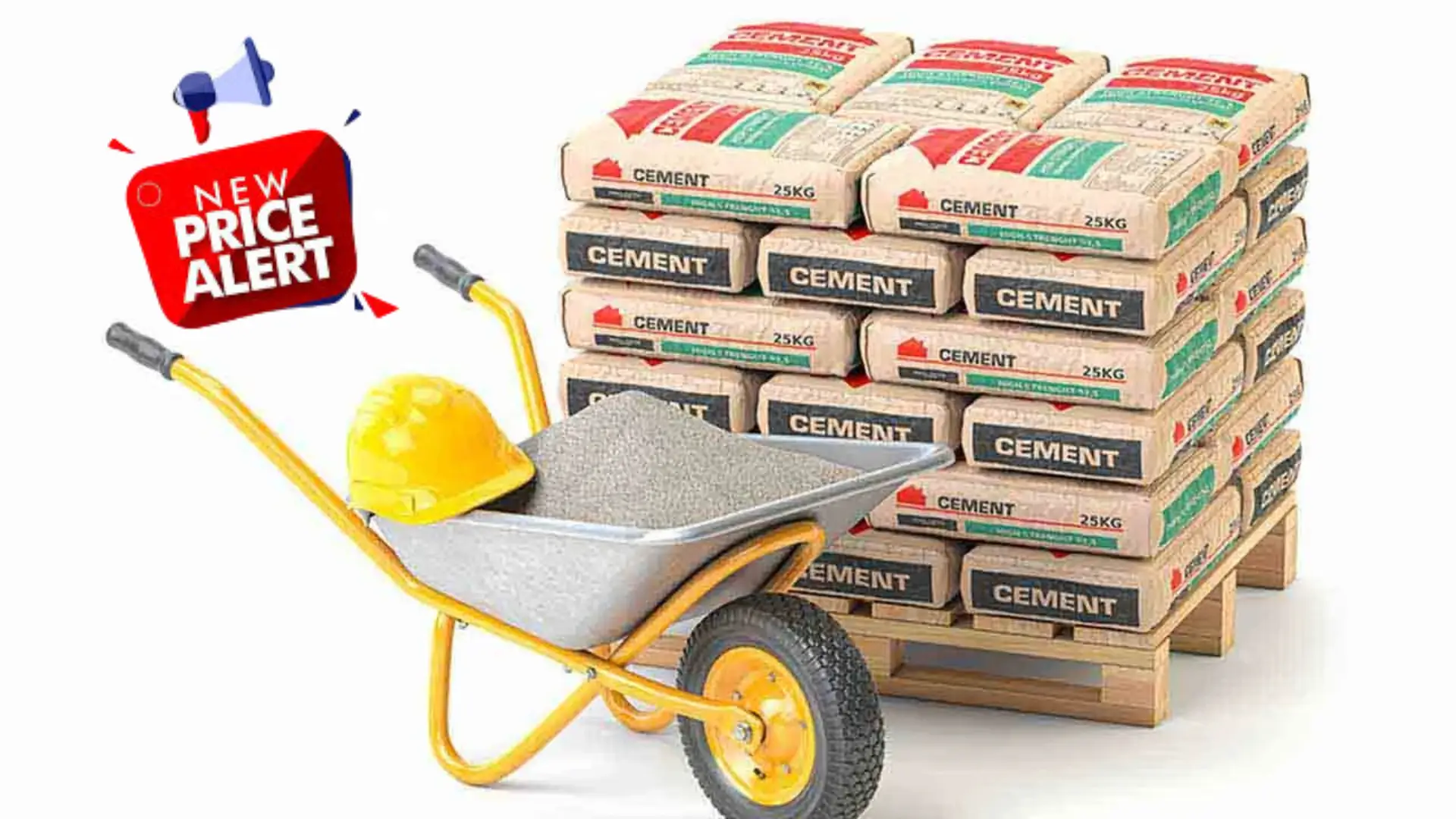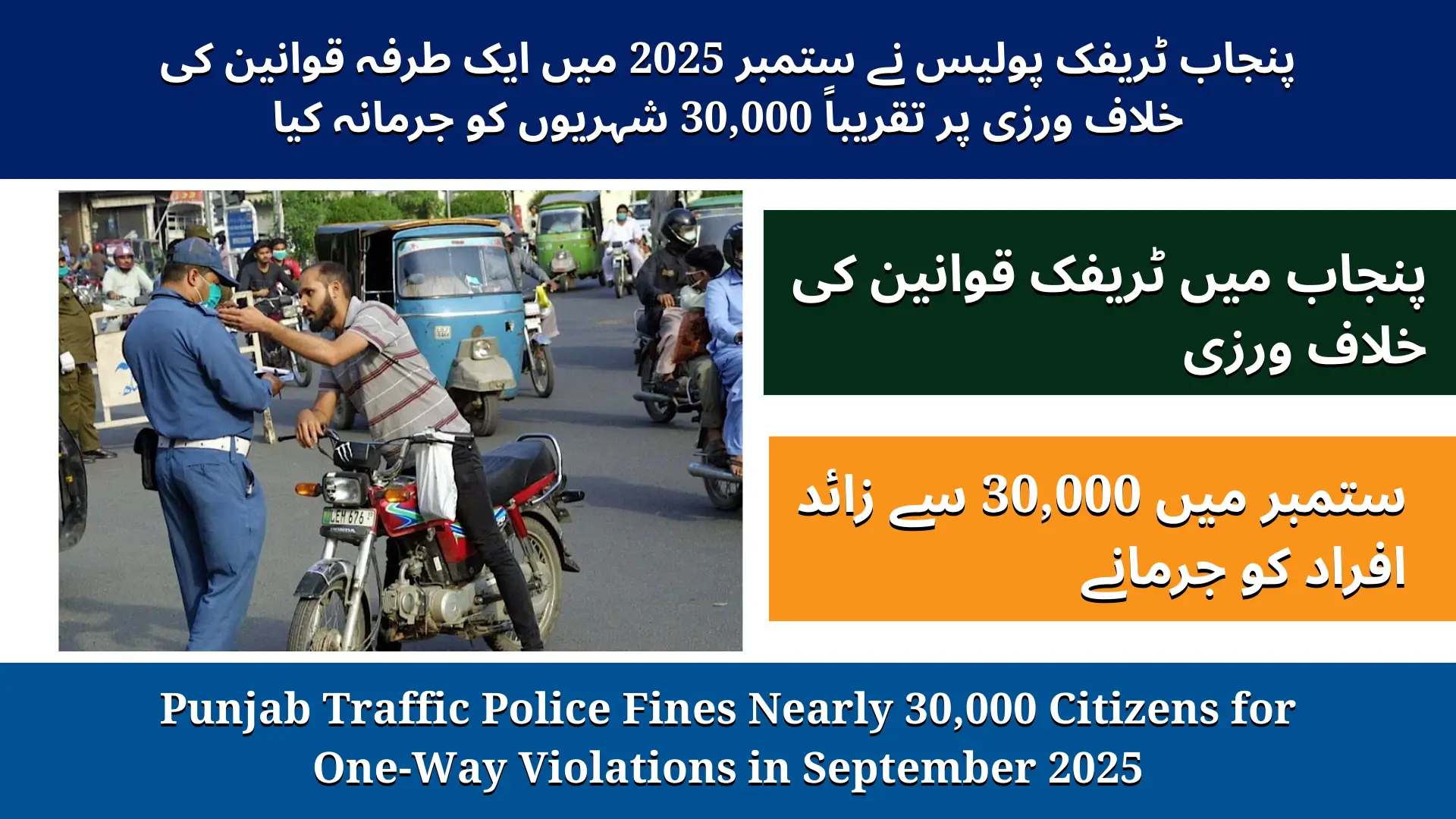The retail prices of cement in Pakistan have seen a small decline in the northern region, while the southern market rates stayed unchanged. According to the Pakistan Bureau of Statistics (PBS), this shift reflects changing local demand and supply patterns.
This report provides a complete city-wise breakdown of cement prices in Pakistan, along with expert insights into why rates are moving differently in northern and southern regions.
Cement Prices in Pakistan by Northern
The average retail price of a 50-kg cement bag in northern Pakistan dropped to Rs. 1,391, a 0.14% decrease compared to last week’s Rs. 1,393.
Below is the updated city-wise breakdown for northern and central regions:
| City | Price per 50kg Bag (PKR) |
|---|---|
| Islamabad | 1,367 |
| Rawalpindi | 1,372 |
| Gujranwala | 1,440 |
| Sialkot | 1,410 |
| Lahore | 1,443 |
| Faisalabad | 1,380 |
| Sargodha | 1,363 |
| Multan | 1,422 |
| Bahawalpur | 1,450 |
| Peshawar | 1,350 |
| Bannu | 1,300 (lowest) |
Among these cities, Bannu recorded the lowest price at Rs. 1,300 per bag, while Bahawalpur posted one of the highest at Rs. 1,450.
Cement Prices in Pakistan by Southern
In contrast, southern Pakistan’s cement prices remained stable, with the average retail price fixed at Rs. 1,443 per bag.
Here are the latest figures from key southern cities:
| City | Price per 50kg Bag (PKR) |
|---|---|
| Karachi | 1,367 |
| Hyderabad | 1,427 |
| Sukkur | 1,465 |
| Larkana | 1,407 |
| Quetta | 1,510 (highest) |
| Khuzdar | 1,483 |
Quetta reported the highest cement price at Rs. 1,510 per bag, while Karachi offered lower rates at Rs. 1,367.
Market Insights – Why Did Cement Prices Change?
Experts link the slight decline in northern prices to shifting demand patterns and supply availability. Several key factors continue to shape the cement market in Pakistan:
- Seasonal Construction Activity: Prices often fluctuate with the construction season. Demand slows down during the monsoon and rises again in winter.
- Raw Material & Fuel Costs: Coal, fuel, and transport expenses directly affect cement production and final retail prices.
- Regional Supply & Demand: Northern and southern regions face different demand levels and transport logistics, causing price gaps.
- Flood Recovery Efforts: Ongoing recovery in flood-hit areas also influences cement demand and supply stability.
In northern regions, lower demand in recent weeks contributed to a minor price drop. In southern regions, however, higher transport and input costs kept prices firm.
Key Highlights of Cement Prices (8 September 2025)
- Northern region average price: Rs. 1,391 per bag
- Southern region average price: Rs. 1,443 per bag
- Lowest cement price: Bannu at Rs. 1,300 per bag
- Highest cement price: Quetta at Rs. 1,510 per bag
- Northern rates slightly decreased, southern rates remained stable
Why City-Wise Cement Rates Matter
For builders, contractors, and homeowners, tracking city-wise cement rates is important because:
- It helps in planning construction budgets.
- Buyers can compare prices across cities.
- Investors and real estate developers can predict project costs more accurately.
- Consumers stay updated on regional market trends.
Future Outlook for Cement Prices in Pakistan
Looking ahead, cement prices in Pakistan are expected to be influenced by:
- Construction Demand: As winter approaches, demand may rise again.
- Fuel Prices: Any changes in petrol or coal costs will directly affect cement prices.
- Government Policies: Subsidies or restrictions on imports can change the cost structure.
- Infrastructure Projects: Ongoing projects under CPEC and housing schemes can increase demand.
Experts believe that while minor fluctuations will continue, cement prices are likely to stay relatively stable in the short term.
Conclusion
As of 8 September 2025, cement prices in Pakistan show stability with only minor changes. In the northern region, the average rate fell slightly to Rs. 1,391 per 50-kg bag, while southern markets stayed firm at Rs. 1,443 per bag.
Among all cities, Bannu recorded the lowest price at Rs. 1,300, giving relief to buyers, whereas Quetta posted the highest at Rs. 1,510, driven by higher transport and supply costs. Overall, the cement market remains steady, but future prices will continue to depend on seasonal demand, raw material costs, and government policies.













